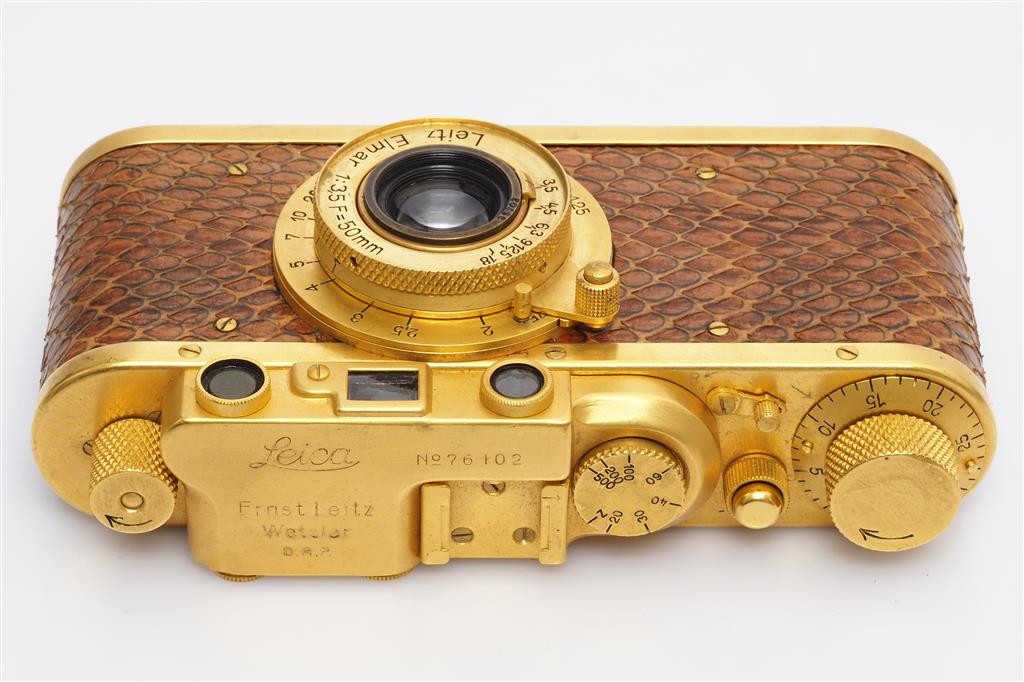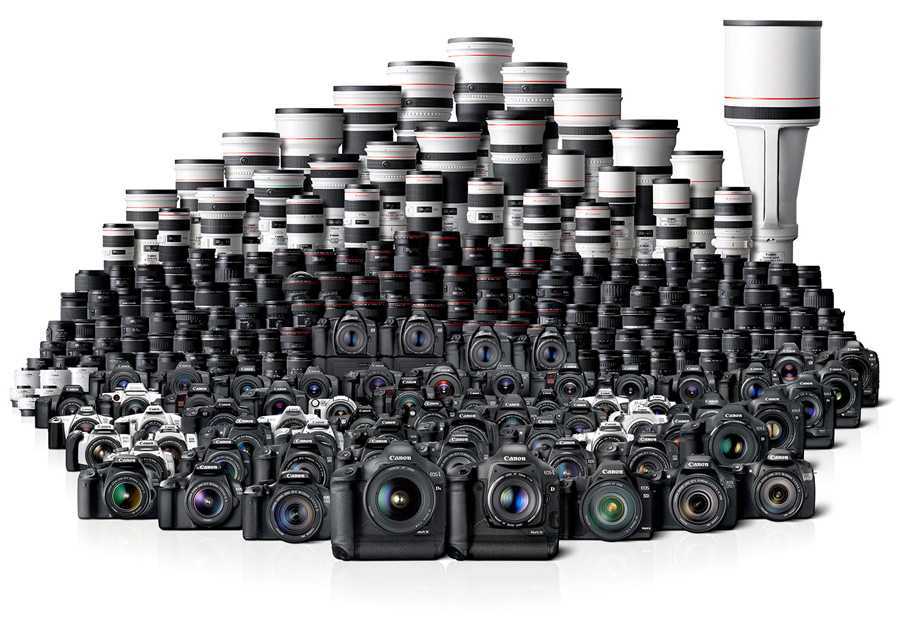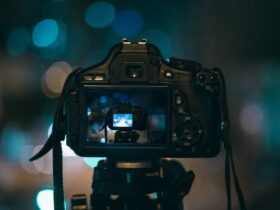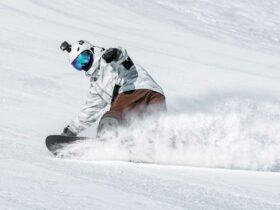Once you have become aware that you are suffering from Gear Acquisition Syndrome (GAS), this article can help you find solutions to stem the GAS infection and maybe even heal.
If after reading the first installment of this topic, or through your own way you have come to the conclusion that you suffer from GAS this article could suggest some methods to stem the problem even if completely defeating the monkey is always very hard.
How to counter Gear Acquisition Syndrome (GAS): let’s use logic
The advice you find below are all good and not exclusive, in the sense that one does not exclude the other, indeed combined they certainly increase the effectiveness in resisting temptations. These tips result in a series of actions whose purpose is to resist, resist, resist. Obviously there are different forms of resistance, from the most passive to the most aggressive and drastic. One comment: the most drastic solutions may be the most difficult to manage and pursue but they are the ones that in my experience give the best results.

A replica of a Leica Luxus model.
- Run a statistic of the shots you have taken: this can lead you to discover several things that you may not know about the performance of the lens and body you are using. For example, finding that you shoot at most at low ISO sensitivities (say under 2000), it wouldn’t make much sense to buy a new camera body that promises wonders in handling high ISO noise. Or again, if you find that your shots tend to be shot with an aperture at which your lens has a satisfying performance, there’s no need to buy a brighter (and heavier and more expensive) one.
- In general, look at your shots calmly: it is important to ask oneself if with different equipment it would have come much better or if instead the imperfections found are more to be attributed to the photographer’s “handle”.
- The web is an almost inexhaustible source of information, this is an advantage but also a drug that can help the primate scream louder and louder in your auricles. Be careful to read and digest information critically and to your real advantage. A lens that at full aperture resolves 100 lines / mm more at the edges than what you already have will not make you take better photos than the ones you already do, but the data to understand is not the improvement at the edges, but rather that it is an improvement modest!
How to combat Gear Acquisition Syndrome (GAS): extreme and non-extreme advice
These tips can help you counteract the GAS, but they increase in effectiveness if they are combined with more or less radical decisions, decisions that can do us a lot of good even if at first it will not seem like this:
- Sell everything you realize you are not using (perhaps using the above statistics) and do not buy anything in return.
- Reduce the number of lenses you use: to start, try to force yourself to use only one focal length per output in order to think with only that. Always check your shots to follow.
- If the web drugs you, stop reading reviews on what fascinates you, raking the e-commerce sites in search of the opportunity of a lifetime.
- If you really want to spend your money, treat yourself to a more or less photographic vacation with the money you would spend on the new equipment.
- Instead, invest your money in prints. I was reading a recent interview with Salgado who claims that the photographer is the one who, after taking the photo, prints the photo to fix the memory over time. A printed photo will make you understand much better than hundreds of monitor views that often it is better to correctly expose the scene and set an adequate white balance rather than keep noise at bay.
- Borrow from a friend what you would like to buy and try it out before proceeding with the purchase.
- Make it a point to keep the number of pieces of the set fixed: before buying it is sold and every purchase replaces a sale.
- Tell your other half how much you have spent on your kit in the last 12 months and how much you have used what you bought. If on the one hand it can be a provocation, certainly on the other hand sharing with a person who typically has a minimal perception of the technical details of the matter can help you to clear the cards (the resulting quarrels cannot be traced back to myself).
How to counter Gear Acquisition Syndrome (GAS): the photographer stops buying
In the last three years I have gone through a series of endless ups and downs on my photographic kit, amplified by a change of system from reflex to mirrorless. The uncertainties about the kit are an excellent excuse to mask the GAS. Mine was a process of discernment of infection and gradual detoxification. Last spring I owned 3 fixed and a travel zoom, plus the ability to use all my kit on the analog body as well.
When I decided to switch to a mirrorless last spring, due to the lack of money, I got only the 35mm / f1.8, which allowed me to film everything that interested me in the run-up to the holidays.
I then thought of replicating the set of fixed (16-35-85) that I had in the old set, waiting to get a zoom as I do not like those available. In the fall I found myself in a photographic release with 2 bodies and 5 lenses. I returned from that experience very disoriented, aware that the 3 fixed focal lengths were too close and had caused me conflicts and confusion during the shooting phase. Now I have come down to a kit of 2 sun lenses, a 20mm and a 50mm with which I can manage my needs very well. Moreover, since the focal lengths are profoundly different, I know perfectly in every situation which of the two I need.
Although at an economic level I do not think I have lost, I certainly have lost in photographic terms, wasting a lot of time on reviews, data, etc. and a lot of time trying the lenses to decide and to overcome my prejudices and habits. This decision making process exposed me to the side of the GAS, it was difficult to handle the situation in some moments, personally sharing choices with my wife helped me keep the tiller straight.
Today as today I regret this lost time because I don’t have much to dedicate to photography and every opportunity is precious and should be exploited to the fullest for shooting, not running after the whims induced by the GAS!















